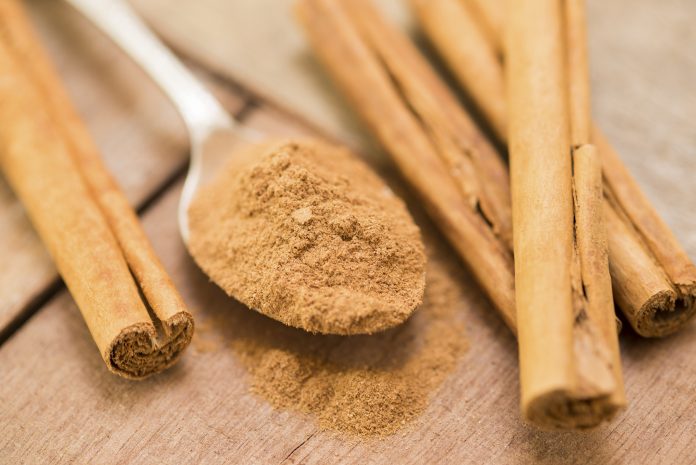Mina Khan, Pharmacist, explores which naturally occurring ingredients are clinically associated with lowering blood sugar
Diabetes is an expensive condition, costing the NHS an estimated £10 billion every year across hospital care, community treatment and medication. An increasingly common condition, more people than ever before are contending with diabetes. There’s a lot of medication prescribed for both type 1 and type 2 diabetics. But what is perhaps less discussed is the naturally occurring ingredients that have been scientifically proven to help control blood sugar too.
With more research being carried out into the effect of natural ingredients on blood sugar levels, we have more knowledge at our fingertips about some things that can help diabetics. The four we’ll talk about today with evidence-backed anti-diabetic properties are Amla, Fenugreek, Cinnamon and Pterostilbene.
Amla (Emblica Officinalis)
Often also referred to as ‘Indian Gooseberry,’ Amla is a fruit from a tree commonly found in India. The fruit has been used for thousands of years in Ayurvedic Medicine (traditional Indian medicine) but is now being more extensively studied in Western medicine too.
A study carried out at the Deakin University in Australia associated vitamin C with improved blood glucose levels. Amla contains more than twenty times the vitamin C content of oranges so is certainly an excellent source.
It also contains Chromium, which is a mineral that has the ability to make the body more receptive to insulin.
All in all, this makes Amla an excellent food for those with diabetes. If its bitter-sweet taste isn’t quite your thing, you could drink amla juice. Alternatively, powders and supplements are widely available.
Fenugreek
Fenugreek is a spice commonly used in Indian cooking. And if you don’t have it in your cupboard, you’ll have certainly walked past it in leaf or ground form in supermarkets. It’s very readily available.
But Fenugreek has more to offer than just its flavour. Studies from 2009 onwards have carried out research into the potential of fenugreek to control blood sugars. Evidence suggests that fenugreek can result in much-improved lipid metabolism and glucose-induced insulin release in pancreatic cells.
In other words, yes, fenugreek (or very specifically an amino acid called 4-hydroxyisoleucine found within it) can help to control blood sugar levels.
You can add fenugreek to your diet and also very easily find fenugreek supplements too.
Cinnamon
Amongst the most popular spices for cooking and baking worldwide, cinnamon is perhaps better known for its distinctive (wonderful) smell than for its anti-diabetic properties. But a 2007 study found that it reduces blood sugar levels and also cholesterol levels.
Further research found that cinnamon appears to lower blood glucose levels by essentially imitating the effects of insulin and enhancing the movement of glucose into cells. 2009 research even suggested a possibility of cinnamon increasing insulin sensitivity.
This is such a widely available spice that can easily be added to foods and is also available in supplement format.
Pterostilbene
Pterostilbene is an extract from the bark of heartwood trees, which are found in Southern India and Sri Lanka.
Studies have shown this can reduce blood glucose levels. Other research also suggests significant potential for this powerful substance in helping with muscle diseases that typically coexist with diabetes.
Supplements are increasingly available.
Should you take a supplement to help with diabetes?
You should always consult your doctor before taking supplements and certainly do not take them in place of your regular prescribed medication.
But what is incredibly clear is that more research is needed into the properties of foods, plants and spices associated with more traditional medicines to find out how they can help us to manage increasingly prevalent diabetes.
Research already backs the ingredients here as having potential anti-diabetic properties. But plenty more research is ongoing and we could even even one day see ingredients such as these being readily recommended in the treatment plans of diabetic patients.








